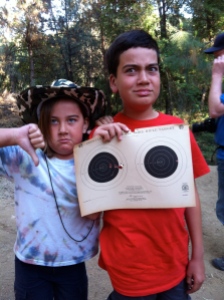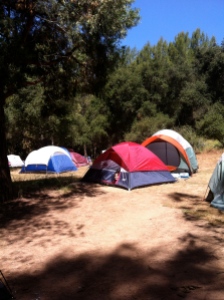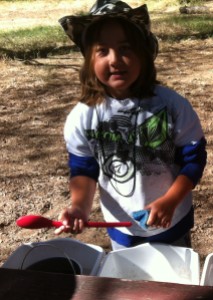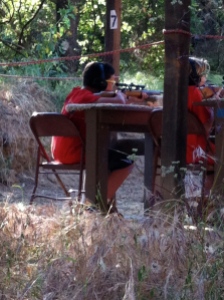NEURAL PRUNING MERIT BADGE
This past weekend we went camping with my son’s Boy Scout troop.

It was one of the few family camping outings since most outings will be for Scouts alone – with adult supervision. We were split up as follows: 2 patrols with 4 new scouts each – my son led one; 2 senior patrol leaders – incredibly patient, straightforward yet humorous teenaged motivators.

One adult oversaw the itinerary. We 10 parents plus 3 siblings made up a 3rd patrol. Each patrol had to operate independently. We could not help the boys, only intervening in case of a safety issue. They (and we) were responsible to set up tents,

plan, buy and cook food,

clean up dishes,

plus leave the camp sight spotless. Boy Scouts Leave No Trace.
It was a great weekend to meet the other parents, too. One ex-military mom with “intelligence” and “corporate organization” words in her job title caught my attention when she’d step in to redirect the boys, “Don’t cook bacon on the grill without a pan” or “Dishes aren’t rinsed in the creek” then returned to the parent patrol motioning with her two curved fingers brushing past her skull – “Neural Pruning!”

Image from Brain Brilliance.
Neural Pruning means that young kids collect an avalanche of information and form ridiculous numbers of neural connections to absorb and make sense of it. Eventually, we have to get rid of connections or we’d be wandering around in spirals with glazed-over expression, words flying through our mind without sticking – like my 11-year old (albeit smart) son does. Neural Pruning strengthens strong connections – gun safety,

multiplication tables, reading – and eliminates unnecessary connections – Barney songs, first time you hated broccoli, perhaps it’s even how women “forget” the ordeal of childbirth to eagerly have another one.

It was amazing watching the boys alternate between skillful teamwork and not absorbing that there was a nearby fresh-water spigot. Now, our parental goal is continuously encouraging the boys to rise to the occasion and fighting the urge to do things for them.


Why, then, can I still remember songs from Sesame Street 40 years ago knowing I don’t need them today – not even after raising 2 kids. What could I do with that valuable neural real estate?



